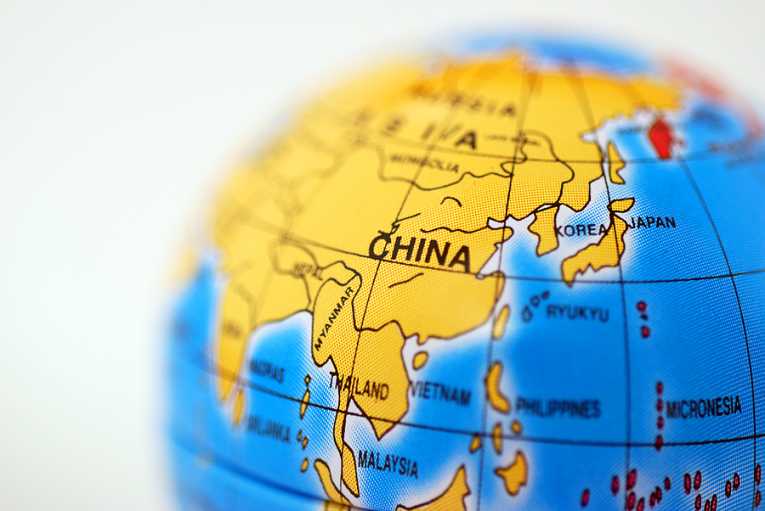Clean Error: Following uptick in unrest, China (and its media) promise changes on pollution
Chinese state media was awash Friday with declarations that the nation will "reevaluate and revise a series of environmental quality standards" over the next five years.
Xinhua, The China Daily and China Radio International all carried stories about remarks made by Zhou Jian, China's vice minister of environmental protection. Zhou spoke at the seventh China International Forum on Environment and Development.
Zhou's remarks, as well as the plethora of coverage that state media has given them, come on the heels on an uptick in civil unrest regarding pollution in the country.
This week, sometimes-violent protests broke out in the eastern province of Zhejiang, where citizens were outraged by pollution they claimed being produced by - of all things - a solar panel manufacturer. The plant has since been shut down and Jinko, the company that owns the plant, has issued an apology.
Last month, some 12,000 people demonstrated outside of a chemical plant in coastal city of Dalian, also to protest pollution, and also spurring a government promise that the plant would be shut down.
And those are but two of the most recent examples of what appears to be Chinese citizens' increasing unwillingness to tolerate pollution, and the government's increasing desire to appease environmental grievances.
The aforementioned articles in Chinese media were short on specifics about what exactly the country plans to do. But they did say that Chinese authorities would be increasing standards on air, water, soil and drinking water, as well as heavy metal and chemical pollution.

Chemical plant in China © Liang Zhang
The article also stated that "China is willing to make joint efforts with other countries in developing the technology of carbon capture, utilization and storage."
In a country where the government often acts as editor-in-chief of news coverage, it seems more than coincidence that Zhou's declarations would be met with a flood of coverage (all the more so because very few international outlets covered the story). There has been a steady uptick in both the government's condemnation of pollution - ranging from a reprimand of Apple Computers to a rebuke of ConocoPhillips - as well as the coverage it receives in the Chinese press.
This could be caused by what numerous experts claim is Chinese citizens' growing discontent over pollution, which seems to be catching up with the nation's unprecedented economic growth.
"Citizens, particularly a rising Chinese middle class, have become more aware about how deep the impact of environmental issues is to their health," Phelim Kine, senior Asia researcher for New York-based Human Rights Watch, told AFP this week. "They are no longer willing to take it passively."
And Wang Yongchen, director of the Chinese NGO Green Earth Volunteers, recently told The Australian, "Pollution is not only an environmental issue, but also a social problem."
* The Clean Error Blog is still in its infancy, and as such a quick recap of what's going on here might be in order.
The point is neither to praise nor condemn China, but simply to look at the friction created by the nation's dual position as both the world's eminent producer of green technology and the world's eminent polluter. This seemingly paradoxical position sets up scenarios that don't - indeed, scenarios that can't - play out anywhere else in the world. For example,
China is the world's biggest consumer of oil, yet it lashes out at oil spills.
China is the world's largest manufacturer of solar panels - and this is generally a good thing - but said manufacturers have a penchant for spewing out unreasonable levels of pollution.
China has shown a disdain for the environmental impacts for years of economic growth, yet it still invokes the environment as a rationale for its trade policies.
Clean Error is an Earth Times blog that looks at China's position as both the world's biggest polluter and fastest-growing manufacturer of green technology. The views and opinions expressed in this article are those of the author. Follow David @davidvranicar.
Top Image Credit: © Eye Full










